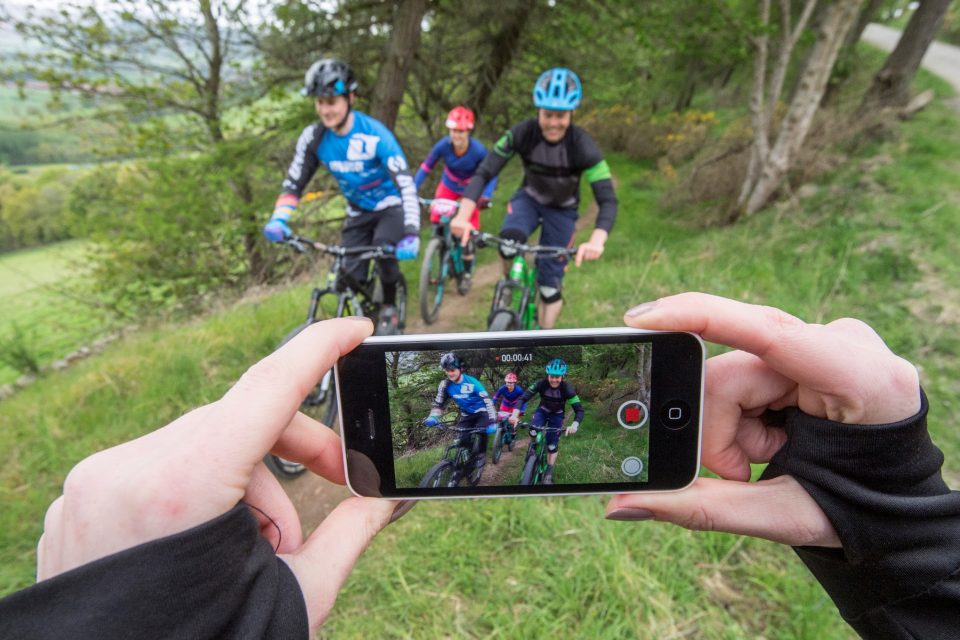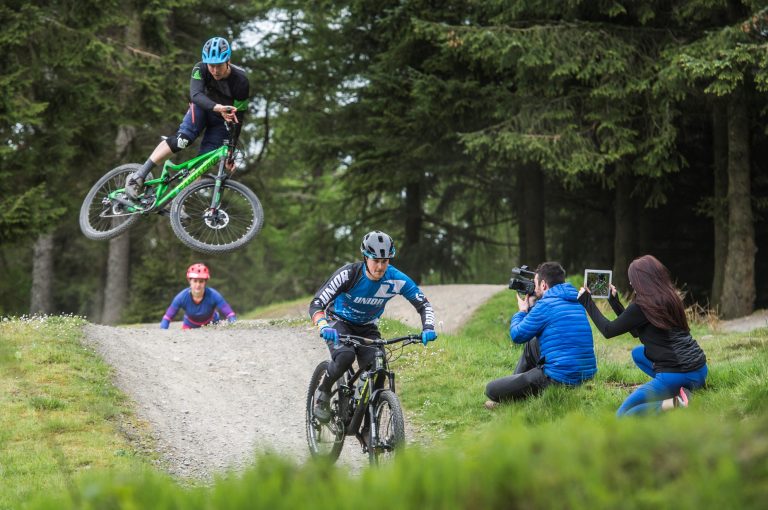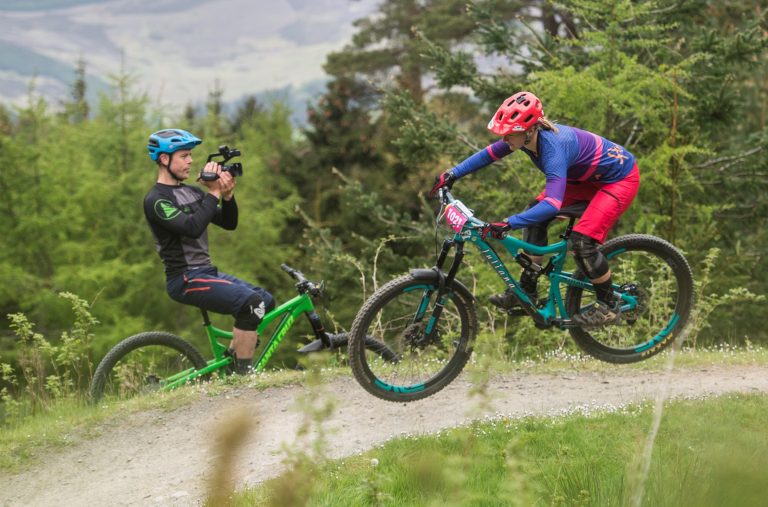 Earlier this year Ofcom gave the go-ahead for the industry to start harnessing the benefits of TV White Spaces technology. With use cases of the technology set to become a commercial reality at the end of 2015, Microsoft continues to explore how this innovative use of wireless technology will impact individuals and businesses- extending Wi-Fi and powerful data connections to more people in remote and unconnected regions.
Earlier this year Ofcom gave the go-ahead for the industry to start harnessing the benefits of TV White Spaces technology. With use cases of the technology set to become a commercial reality at the end of 2015, Microsoft continues to explore how this innovative use of wireless technology will impact individuals and businesses- extending Wi-Fi and powerful data connections to more people in remote and unconnected regions.
Microsoft put TV White Spaces technology to the test in the deepest, darkest depths of the Glentress forest located in the Peebles Tweed Valley, Scotland at the TweedLove Enduro World Series mountain biking tournament. For adventure and endurance sport spectators, watching a sport that covers a lot of ground in a remote, poorly connected location can be an endurance test in itself! With four out of the eight stages of the tournament taking place in the forest Microsoft worked with Scottish Enterprise and the Mountain Bike Centre of Scotland to stream live coverage from the course to a big screen for the spectators onsite.

A rider wearing a GoPro camera on his chest streamed coverage of his ride direct to a mobile allowing a spectator to experience the forest ride first-hand and record for post-race performance analysis. Connecting audiences this way to live events in the future could allow you to be virtually present with your loved one at the 18th mile of their first marathon, or to track your favourite motocross champion on their career defining race, making the highs and lows of endurance and adventure sport more immersive, interactive and inclusive for spectators than ever before.
From providing a lifeboat team on the Isle of Wight access to internet and communication services whilst out at sea, to helping natural disaster rescue workers and survivors in the Philippines make Skype calls to coordinate relief efforts and contact with family, Microsoft has been at the forefront of TV White Spaces pilot trials in the UK and around the world.

“Our work to date has proved that use of this technology will allow people to do more and achieve more” explains Jim Beveridge, Senior Director, International Technology Policy at Microsoft. “As well as enhancing the TweedLove EWS spectator experience on-site by providing coverage and internet access, the Glentress forest TVWS trial shows first time communication connection opportunities for businesses, conservation projects and outdoor tourist pursuits in some of the most remote, forested and mountainous areas of the UK. Now we look forward to turning these trials into commercial realities to benefit people across the world.”
Microsoft worked with key project partners including: Boston Networks, Indigo Vision, Adaptrum, The University of Strathclyde, CENSIS and Ofcom. You can find out more about Micrososft’s TV White Spaces project work here: http://research.microsoft.com/en-us/projects/spectrum/